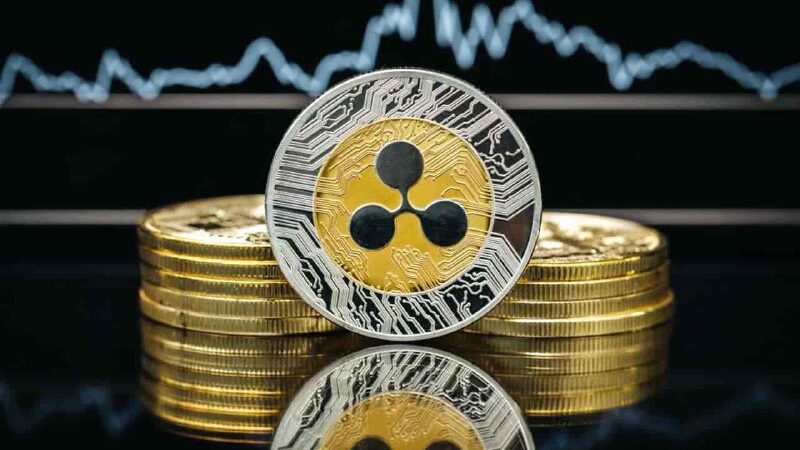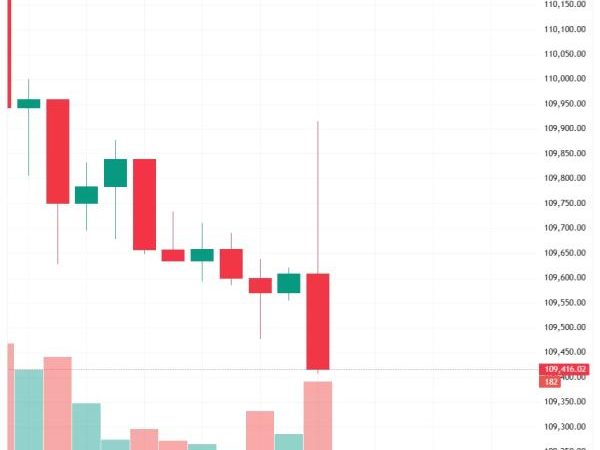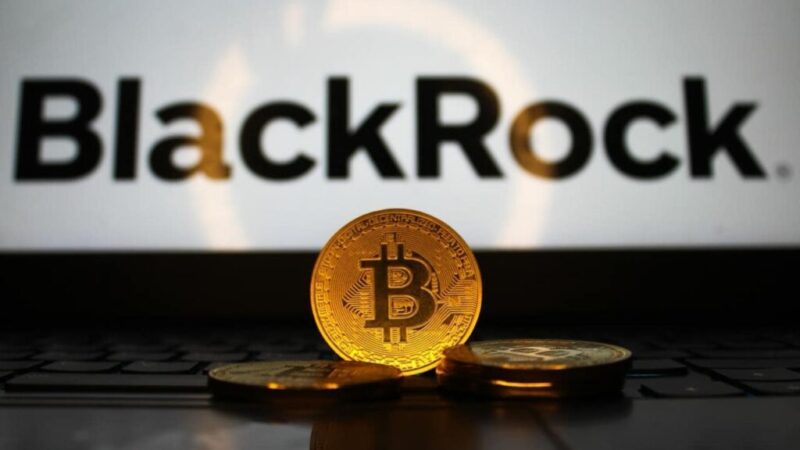Why Even Owning 0.01 BTC Could Mean More Than You Think
- Owning 0.01 BTC positions you better than most globally, given Bitcoin’s growing importance and limited supply.
- Dollar-cost averaging is an effective strategy to accumulate Bitcoin while maintaining discipline and building wealth gradually.
In a recent video titled “Why Having 0.01 BTC is a Big Deal,” crypto expert Lark Davis made a strong case for why even a modest Bitcoin investment may be valuable over time.
Davis begins by debunking a common misconception: owning 0.01 BTC, equivalent to approximately $1,000 at current exchange rates, will not instantly transform someone into a wealthy individual. Forget fantasies of luxury automobiles or yachts; instead, the long-term worth and scarcity of Bitcoin have actual promise.
The Value of Small Bitcoin Holdings and a Disciplined Approach
In terms of Bitcoin ownership, Davis claims that owning 0.01 BTC positions someone better than most people worldwide. Should some of the more sanguine Bitcoin forecasts come true, this meager amount may ultimately rank holders in the top 10% globally financially.
Referring to forecasts made by eminent people such as Cathie Wood of Ark Invest, Davis notes that by 2030 Bitcoin may be worth as much as $3.8 million per coin. While a more reasonable 0.1 BTC may be worth $380,000—a significant return over traditional savings or investments—0.01 BTC would be equivalent to $38,000 at that pace.
Dollar-cost averaging (DCA) is a basic and efficient method Davis stresses for building Bitcoin. Small sums bought consistently over time will help people establish their holdings without depending on thorough market knowledge or analysis.
He underlines that this approach teaches discipline and lets investors move out of fiat money gradually. Many would find that, even with an average income, this strategy renders purchasing 0.01 BTC or even 0.1 BTC realistic.
The Long-Term Potential of a Scarce Digital Asset
Davis quickly emphasizes, though, that Bitcoin is a “don’t-go-poor” rather than a get-rich-quick scheme. It’s crucial to understand the broader implications of Bitcoin’s limited supply and increasing demand, and to take a long-term approach.
The scarcity element will only become more pronounced given just 21 million coins ever in circulation and almost 4 million already missing. Unprecedented rates of Bitcoin accumulation by major players such as BlackRock, MicroStrategy, and even nation-states are escalating competition for the limited supply.
Davis also talks about the larger background of Bitcoin’s value. At just 0.2% of all world assets right now, Bitcoin is. It would need to consider just 3% of world assets for it to reach $1.3 million per coin, a situation he finds plausible within the next ten years.
He views Bitcoin as a cornerstone of wealth-building strategies, as its value as a store of value is poised to surpass that of traditional commodities such as gold and oil.
Davis stays rooted in spite of these encouraging predictions. He points out that 0.01 BTC by itself won’t soon raise somebody to the top class. The average net worth of the top 10% in the United States is around $2.65 million, a number much above what a modest Bitcoin investment may yield in the next few years.
Still, he contends that Bitcoin should be seen as a seed—something to cultivate over time with great possibility for expansion in the next decades.
Finally, Davis encourages viewers to continue investing in Bitcoin, focusing on the long term. Although it might not deliver immediate wealth, the total worth of disciplined investing and the growing importance of Bitcoin as a financial asset might lead to financial freedom.



